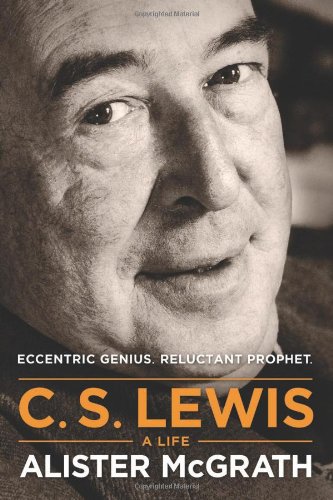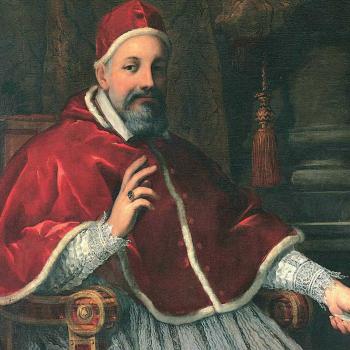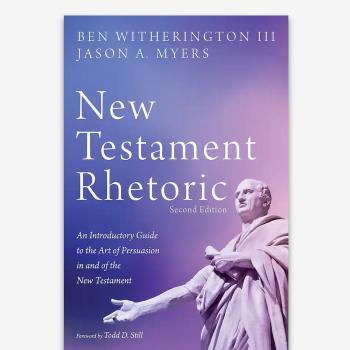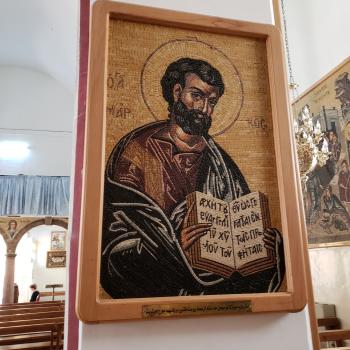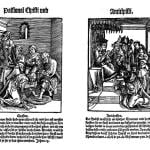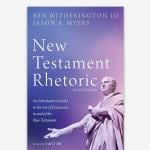Ben: Lewis makes an important distinction between the imaginary and the imaginative and insists his fiction is of the latter sort. Help us to better understand what he means by this, and why he also says you can look at his fiction as a spectacle, or as a set of spectacles through which we see the ‘real’ world in a new way.
Alister: Lewis saw the imagination as operating according to some deep principles, which meant that it had the potential to lead us to the source of our hearts’ desire. He had no time for the imaginary – something that we deliberately make up. For Lewis, our imagination helps us visualize and grasp what we really want, and who we really are. That’s why Lewis emphasizes that Christianity is a way of seeing things, a theoria in the proper sense of the term. It helps us to see things as they really are, as if we put on a set of spectacles, and suddenly find that the blur before our eyes is actually a text that we can read and understand. We find this expressed beautifully in the beautifully crafted sentence now engraved on his memorial stone in Poets’ Corner, Westminster Abbey: “I believe in Christianity as I believe that the Sun has risen, not only because I see it but because by it I see everything else.”


